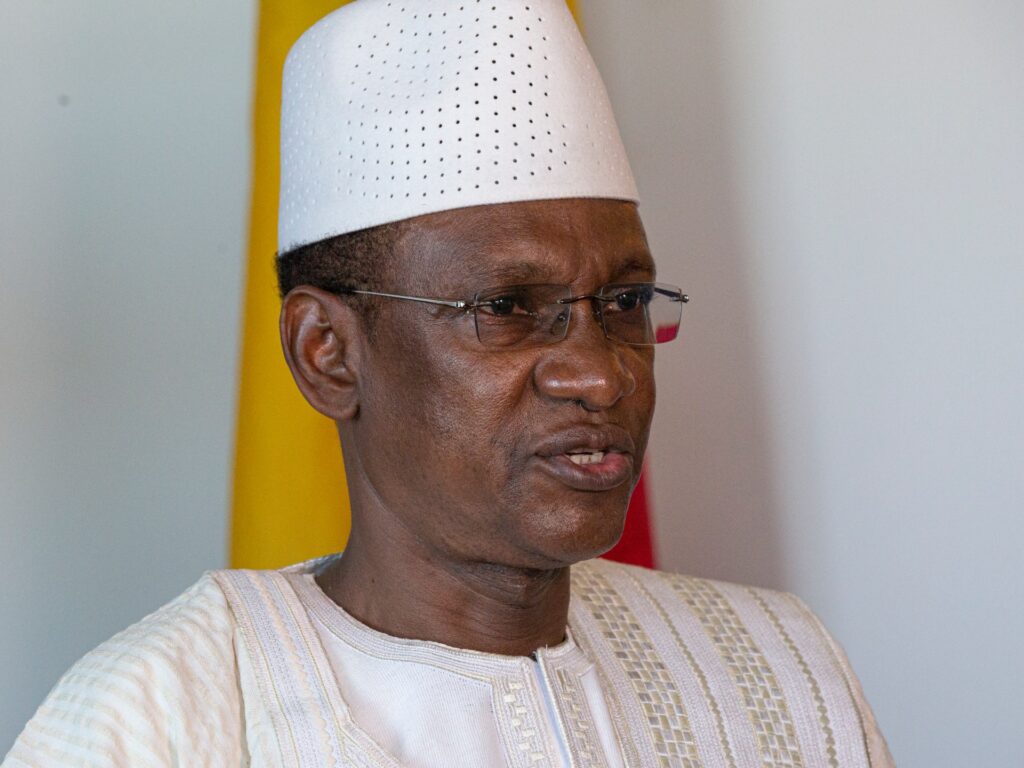Mali’s former prime minister, Choguel Maiga, has been charged with embezzlement and remanded in custody as the West African country’s military leaders intensify a crackdown over allegations of a coup plot.
The charges against Maiga were revealed on Tuesday following a hearing before Mali’s Supreme Court.
Maiga, who took office after a second coup in Mali in 2021, was sacked in November 2024 after he publicly denounced the military for a lack of clarity over when it would hand over power to a civilian government.
Maiga’s lawyer, Cheick Oumar Konare, told the AFP news agency that no date has yet been set for the former leader’s trial.
“We believe in justice, we are calm while awaiting the trial,” Konare said, explaining that Maiga would remain in prison for the trial.
A statement from the public prosecutor said the charges against Maiga involve “money laundering equal to many billions of CFA francs”, or several million US dollars.
The former prime minister was arrested one week ago, according to the AFP, days after Mali’s military leaders carried out dozens of arrests to quash an alleged plot within the army’s ranks to topple the government in turn.
Nine of Maiga’s colleagues from his time as prime minister also appeared before the court on Tuesday, with two being charged, some acquitted and others still awaiting their hearing, the AFP reported, citing a judicial source.
Earlier this month, another former prime minister, Moussa Mara, was imprisoned after tweeting his support for jailed critics of the military.
Mali has been gripped by a security crisis since 2012, driven by violence from armed groups affiliated with al-Qaeda and the ISIL (ISIS) group, as well as local criminal gangs. The fighting has resulted in thousands of deaths, while up to 350,000 people are currently displaced, according to Human Rights Watch.
The crisis set off mass protests in 2020, paving the way for the military to topple the country’s elected government in a coup.
The military briefly ceded power to a transitional government but took over in a second coup in 2021.
The colonel who led the two power grabs, Assimi Goita, was also sworn in as transitional president that year. Under his government, the military has reneged on pledges to hand back power to civilians by the end of March 2024, and has tightened its grip on power by dissolving all political parties, and jailing dissidents and leading civil society figures.
In July, the military-appointed legislative body also passed legislation that granted Goita a five-year presidential mandate, renewable “as many times as necessary” and without elections.
Maiga was one of the leaders of the protests that helped topple Mali’s civilian government in 2020, and previously said he believed the military would safeguard the country’s democracy. “We must refound the Malian state, so that no political power can ever again create the conditions for a return to an unconstitutional order!” he told Al Jazeera in an interview in 2023.
Since his dismissal, however, Maiga has become one of the military’s fiercest critics, accusing it of weaponising the courts to silence dissent.
Experts, meanwhile, have described Maiga’s arrest and imprisonment on Tuesday as a sign of the military government’s fragility.
“If the most prominent opposition leaders are arrested and imprisoned, including Choguel, who once gave the junta credibility, then I believe today the junta credibility is greatly weakened,” said Alioune Tine, the former United Nations rapporteur on Mali to the Security Council.
“Just 50km [31 miles] from Bamako, you’re still in danger. Al-Qaeda’s affiliate JNIM controls most of the territory. The only way forward now is for President Goita to change course: free political prisoners, release activists and journalists, and open a national dialogue that leads to real democratic elections,” he said.
Mali’s military leaders have replaced Maiga with General Abdoulaye Maiga, who had previously served as government spokesman in the West African country.
The military’s power grab in Mali helped set off a wave of coups in the Sahel region, south of the Sahara desert, including in the neighbouring Burkina Faso and Niger, which are fighting the same groups linked to al-Qaeda and ISIL.
The three countries have withdrawn from the Economic Community of West African States amid pressure from the bloc to return to civilian government. They have now banded together to form the Alliance of Sahel States (AES) and created a 5,000-strong force for joint military operations to try to drive out armed groups.

